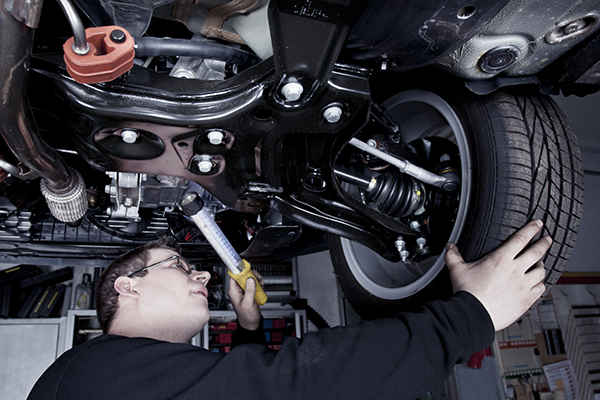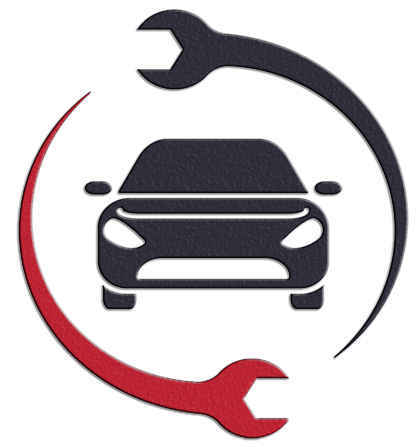Why is my car jerking when i stop?
Exploring Common Causes of Car Jerking When Coming to a Halt

Engine Mount Problems
If your engine mounts are worn or damaged, they may fail to provide sufficient stability, leading to excessive engine movement and jerking sensations when braking.
Transmission Woes
One of the primary culprits behind jerking sensations during stops is transmission issues. Examples include low fluid levels or a faltering torque converter, which can disrupt smooth gear shifts and manifest as jerks.
Vacuum System Leaks
Leaks in the vacuum system can upset the delicate balance of air-to-fuel ratio, resulting in rough idling and jerking sensations when you bring your car to a stop.
Fuel Injection Challenges
Clogged or dirty fuel injectors can impede the flow of fuel, causing uneven engine performance and jerking sensations, especially when decelerating.
Ignition System Glitches
Malfunctioning spark plugs or ignition components can trigger misfires, which translate into jerking motions when you’re slowing down or coming to a stop.
Brake System Hiccups
Issues with brake pads, rotors, or calipers can lead to uneven braking, exacerbating jerking sensations when you hit the brakes.
What You Can Do About It

- Monitor Transmission Fluid
Regularly check transmission fluid levels and watch out for signs of leakage. If levels are low, adhere to manufacturer specifications for topping up or seek professional assistance.
- Inspect Engine Mounts
Examine engine mounts for any indications of wear or damage, and promptly replace any compromised mounts to ensure engine stability.
- Tackle Vacuum Leaks
Thoroughly inspect vacuum hoses and connections for leaks or damage, and replace any faulty components to maintain a proper seal.
- Clean Fuel Injectors
Utilize a fuel injector cleaner additive or opt for professional injector cleaning services to eliminate deposits and enhance fuel flow efficiency.
- Renew Spark Plugs
Swap out worn or fouled spark plugs and scrutinize ignition components for signs of wear or damage, ensuring correct gap settings and secure connections.
- Evaluate Brake System
Entrust the inspection of your brake system to a qualified mechanic to pinpoint and rectify any issues with brake pads, rotors, or calipers.
Facts

Driving Habits Impact: Jerking during stops can be exacerbated by certain driving habits, example: abrupt braking or rapid acceleration, underscoring the importance of smooth driving techniques.
Electronic Throttle Control: Many modern cars utilize electronic throttle control systems, which, if not calibrated correctly or if sensors or actuators malfunction, can contribute to jerking sensations.
Maintenance Matters: Regular upkeep, including fluid checks, tune-ups, and brake inspections, plays a pivotal role in averting jerking and other performance-related concerns, ensuring a smoother ride and prolonged vehicle longevity.












